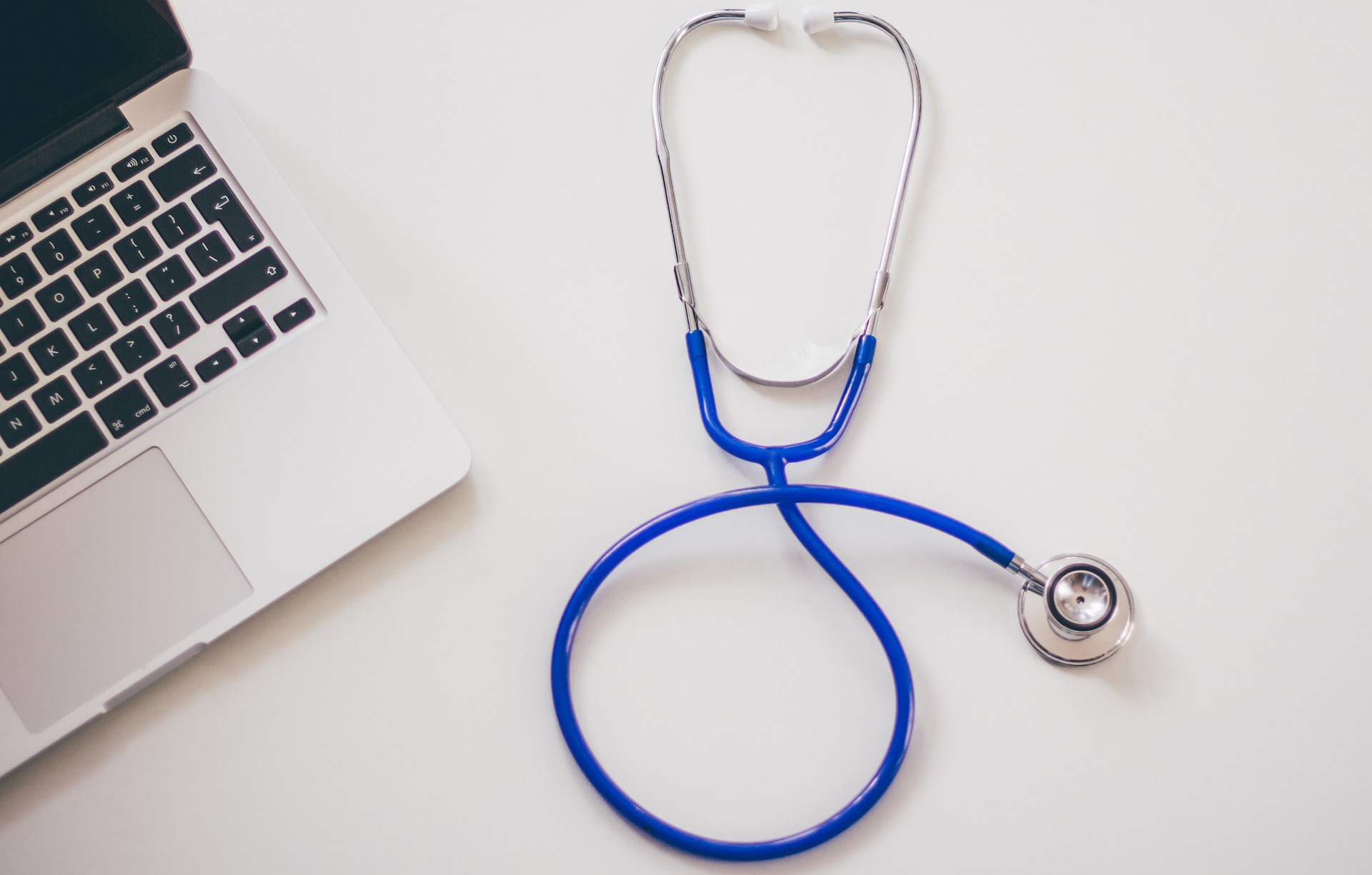
14 Sep I’m a teacher. How do I report Medicare Part B reimbursements on my taxes?
Photo: pixabay.comQ. As a retired teacher, I received a Medicare Part B reimbursement check from the Division of Pensions and Benefits. When I fill out my federal taxes, should I deduct the monthly Medicare Part B premiums?
— Retiree
A. There are a few things to know about how to treat medical-related costs on your tax return.
Here are the rules.
For federal purposes, an individual can claim a medical expense deduction for their total medical expenses exceeding 7.5% of their adjusted gross income, said Neil Becourtney, a certified public accountant and tax partner with CohnReznick in Holmdel.
He said the medical expense deduction is the sum of payments for doctors, dentists, prescription drugs, hospitalizations, lab fees, insurance premiums, eyeglasses, hearing aids, and medical-related transportation – this is not an all-inclusive list – reduced by any insurance reimbursements. All Medicare premiums paid are includible in the calculation of your medical expense deduction, he said.
“Even if your medical expenses exceed the 7.5% income threshold, you may not end up obtaining a federal tax benefit if your standard deduction is greater than the sum of your itemized deductions reported on Schedule A,” Becourtney said. “However, you may end up obtaining a New Jersey tax benefit as for state purposes medical expenses exceeding 2% of gross income are deductible.”
Often, New Jersey gross income is lower than federal gross income for a retiree because Social Security benefits subject to federal tax are exempt from New Jersey tax, he said. You may be entitled to a pension exclusion for state purposes.
Email your questions to .
This story was originally published on Sept. 14, 2022.
NJMoneyHelp.com presents certain general financial planning principles and advice, but should never be viewed as a substitute for obtaining advice from a personal professional advisor who understands your unique individual circumstances.

